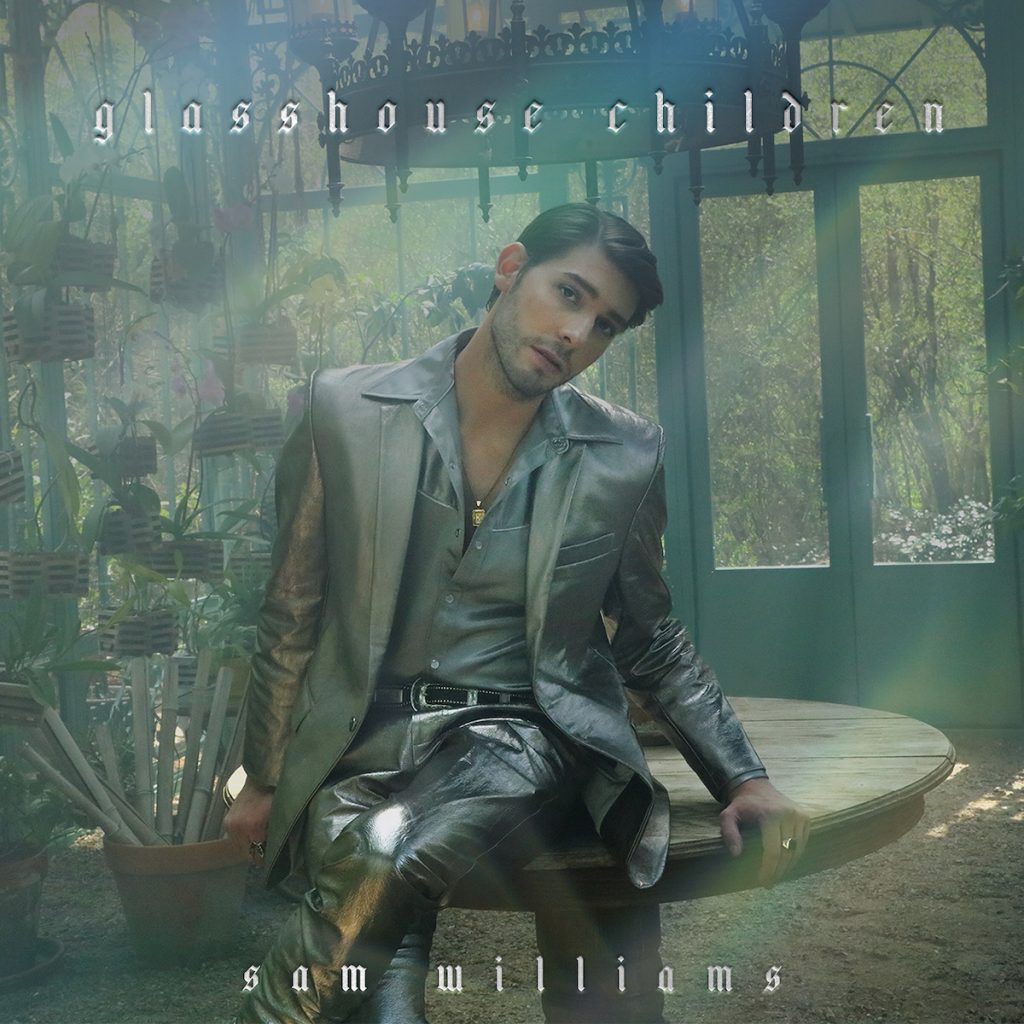On ‘Glasshouse Children,’ Sam Williams Leaves Aside Legacy for His Own Brand of Country

Bravo if you can deduce after hearing this debut, without knowing beforehand, that Sam Williams is the grandson of Hank Williams and the son of Hank Jr. His debut album, Glasshouse Children, displays none of the piercing hillbilly twang of his grandfather or the brawny country-rock of his father. For good measure he also doesn’t sound anything like his half-brother Hank III, with his alternating country and punk metal, or his half-sister Holly Williams, with her folk-country.
In other words, 22-year-old Sam Williams is clearly forging his own path. Despite the occasional presence of steel guitar, the album doesn’t really have any traditional country echoes. There are strings and orchestral turns, heavy beats and semi-raps, rock guitar solos, and lots of atmospherics, all of it unfolding at a resolutely measured pace.
It tends to dull the impact of Williams’ old-soul tendencies and the often striking nature of the lyrics. If he recalls his grandfather in any way, it’s in the haunted quality he exudes and the way he and his co-writers at their best are both penetrating and evocative. On “Can’t Fool Your Own Blood,” written with the great Mary Gauthier and Jaimee Harris, he sings, “And I know roads that I don’t walk down / Not no more / They take me places I don’t wanna go / Don’t wanna go / But now and then I take a wrong turn / And then the lost highway claims me its own.” On the title song, written with Dan Auerbach and Ronnie Bowman, he sings, “A house atop the hill / Bright white paint / Looks pretty as a picture, but Lord I know it ain’t.”
If Williams sounds down most of the time, that doesn’t mean he doesn’t sprinkle occasional humor throughout. “Happy All the Time,” also written with Gauthier and featuring Dolly Parton, cleverly plays with the notion of “If money could buy happiness,” while “Hopeless Romantic” sounds like a parody of the love-addicted.
“Bulleit Blues,” with its drinking theme, comes closest to a conventional country number. At just a minute and a half, it feels almost like a throwaway. But its spare arrangement — just acoustic guitar and background vocals by co-writer Ben Roberts — offers a refreshing break from the album’s sometimes stultifying production.


